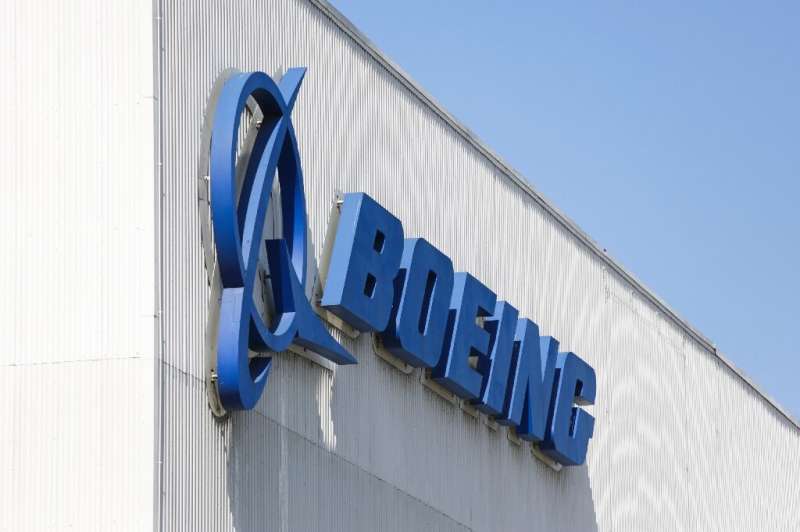Boeing is gradually putting the MAX crisis behind it, but still faces myriad challenges.
United Airlines' huge order for the 737 MAX offers a vote of confidence in the plane at the center of a historic crisis for Boeing, but the manufacturer still faces challenges, including China's ongoing ban of the aircraft.
United early Tuesday announced the largest order in its history, which includes 200 737 MAX planes and 70 Airbus A321neos, betting on a return of travel following the near-total shutdown last year amid the Covid-19 pandemic.
The MAX was only cleared to return to the skies in November after being grounded for 20 months following two tragic accidents with a death toll of 346, and since then has been slowly returning to favor.
Over the first five months of the year, Boeing has won 305 orders for the MAX, including 100 from Southwest Airlines and 50 previously placed by United.
Meanwhile, Airbus logged only 68 orders for its A320 family over this period.
"This massive order is an important sign of confidence for Boeing, it helps reassure the market about the sustainability of the program, which may have been questioned," Remy Bonnery, aeronautical expert at Archery, told AFP.
And 150 of the planes ordered by United are for the 737 MAX 10, the largest of the MAX family, a plane that made its debut flight on Friday and still needs to go through the certification process to start deliveries in 2023—the latest timeline.
"This is the type of large order that will make it possible to attract smaller orders," Bonnery said.
Between pandemic and doubts about the aircraft, Boeing last year was hit with 641 orders cancellations for the MAX and had another 400 aircraft sitting idle in storage at the end of March.
Despite competition from rival Airbus, which dominates the single-aisle market, Boeing chief Dave Calhoun remains confident in the MAX's ability to regain its pre-crisis market share.
The Chinese ban
But he does not conceal his concern over China's decision to keep the aircraft grounded, in contrast to other national aviation authorities. Beijing was the first to ground the MAX in March 2019.
"If we can't move airplanes into China, which is 25 percent of the global growth in the next 10 years, then we're going to suffer," he said in an interview with Aviation Week.
Unless that hurdle is removed, Airbus will have a clear path to the critical market.
But "I have no intentions of ceding leadership to the Europeans," Calhoun said.
Boeing intends to return to a production rate of 31 aircraft a month by the start of 2022. But those forecasts are dependent on the gargantuan Chinese market.
And "China impacts Asia more broadly," Bonnery said, noting the MAX ban affects airlines flying to and through China.
While the MAX crisis, which has so far cost Boeing around $20 billion, is gradually fading, the Seattle-based aerospace giant still faces a myriad problems in various civilian and military programs.
Deliveries of its long-haul 787 were suspended for four months and were interrupted again since the end of May due to manufacturing issues, the KC46 refueling tanker faces multiple problems and delays and the US Federal Aviation Administration has warned that it will require more test flights before certifying the widebody 777X, which will not happen until at least mid-2023.
And the American aircraft manufacturer is still looking for a competitor to the Airbus A321 XLR, an aircraft able to cover the kind of routes hitherto only managed by big long-haul carriers.
Bonnery said Boeing faces a difficult dilemma, whether to leave that segment to the competition and "wait for the next generation of planes around 2035, or else launch a program which makes it possible to exist in this market but without any real gain compared to Airbus."
The company will have to decide by next year he said. "After that it will be too late."
© 2021 AFP
























